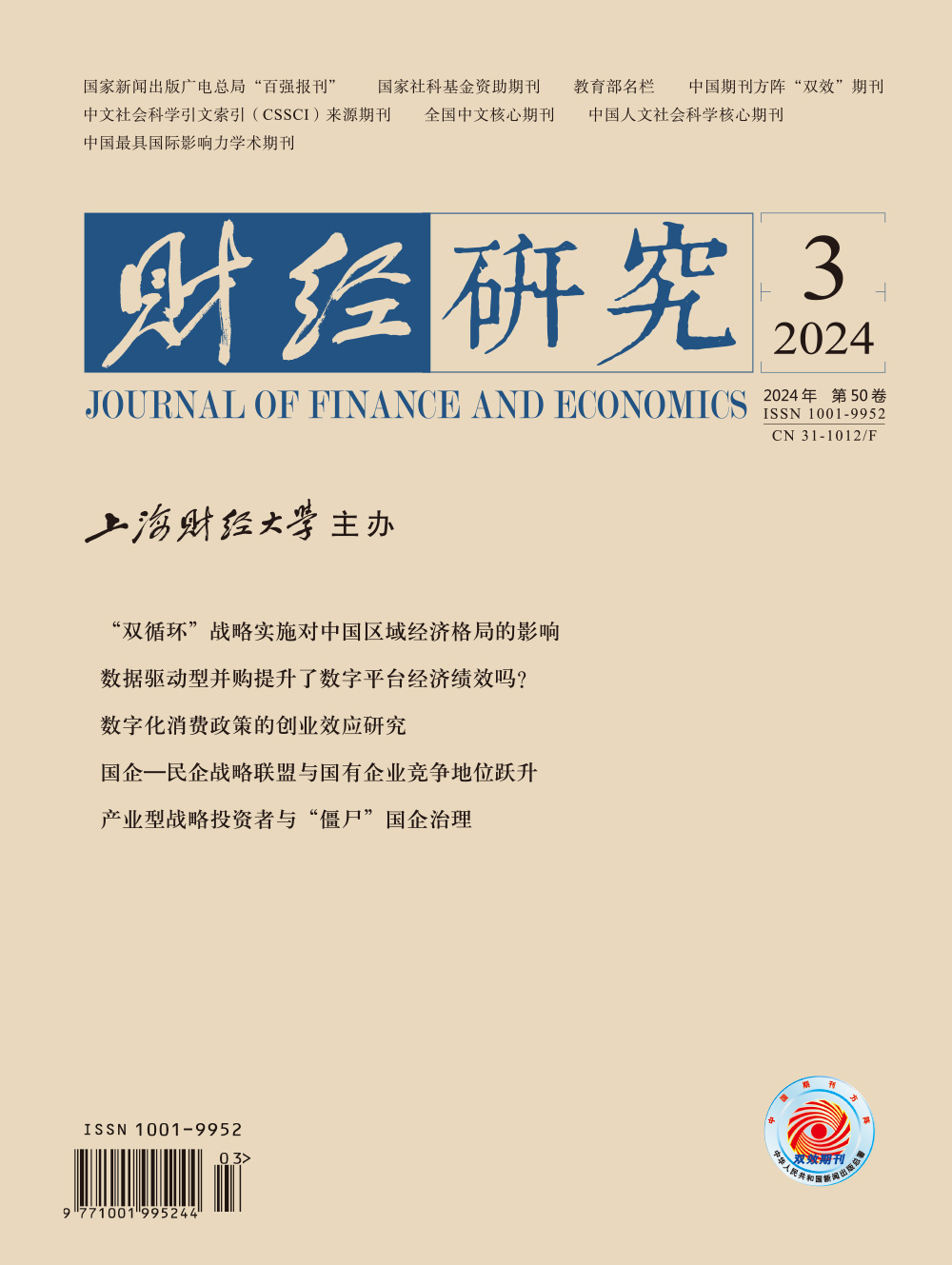China has entered a moderately aging society, and the mass exodus of rural labor has reconfigured the structure of rural families, leading to widespread intergenerational spatial separation and weakened elderly care functions in rural families. In order to resolve the dual dilemmas, the Ministry of Civil Affairs and the Ministry of Finance have launched a pilot reform of home and community-based elderly care services. Existing research mainly focuses on the matching of supply and demand and the sustainable development of elderly care services, with little attention paid to the impact of rural-family elderly care. Based on the competence -environment stress theory model, this paper uses the China Health and Retirement Longitudinal Study (CHARLS) data to build a DID model for empirical testing, and analyzes the impact of home and community-based elderly care services on rural-family elderly care.
The results show that: (1) Home and community-based elderly care improves the overall mobility and life satisfaction of the rural elderly, and reduces the incidence of disability. (2) This effect varies significantly among groups with different living arrangements: Elderly services have a positive impact only on the health of the rural elderly living with their children, and a limited impact on rural empty nesters, whose elderly care problems are more prominent. (3) Elderly services can improve the physical and mental conditions of care-dependent persons by increasing their access to care services. (4) Elderly services have a spillover effect, effectively reducing the burden of care for elderly spouses and the financial burden on their children.
The marginal contributions of this paper are as follows: (1) It fills the research gap on the impact of home and community-based elderly care services on the physical and mental health of the rural elderly, as well as on support behaviors within the family. (2) Using the competence-environment stress theory as an analytical framework, it extends the research object to family elderly caregivers who bear the main care function, expanding the chain of evaluating the effectiveness of elderly service policies. (3) The findings show that elderly care services play a primarily complementary role to family care, providing a new perspective for understanding the relationship between social elderly care and family elderly care.





 6883
6883  9326
9326

